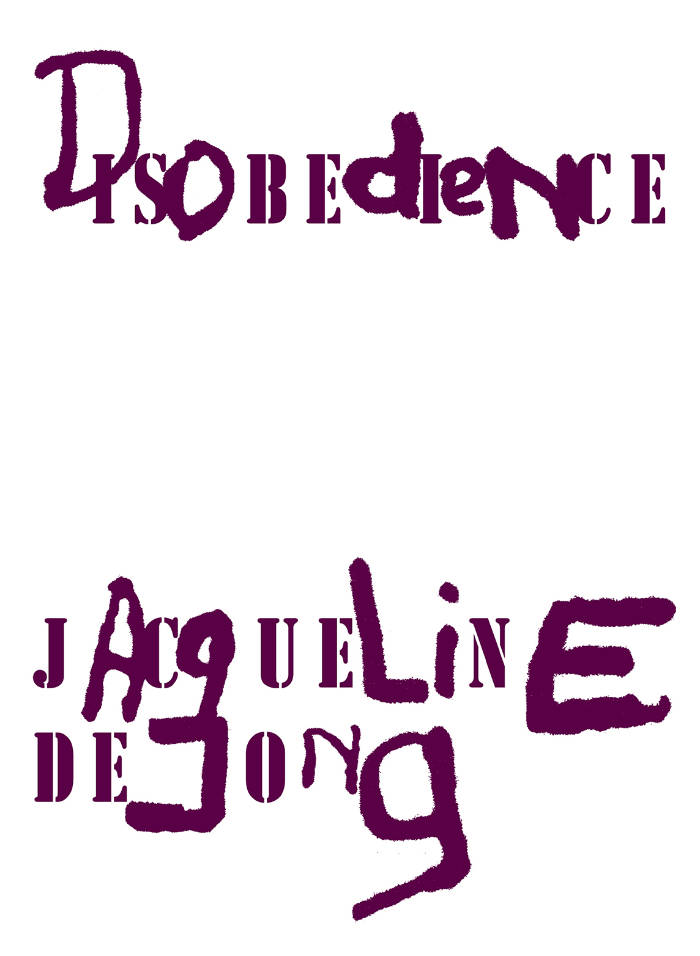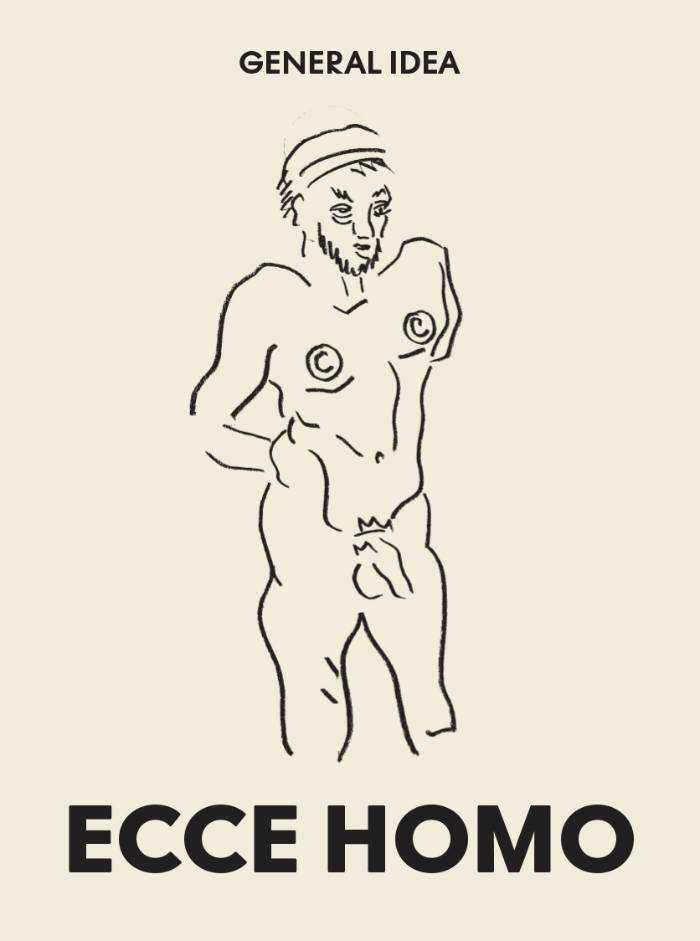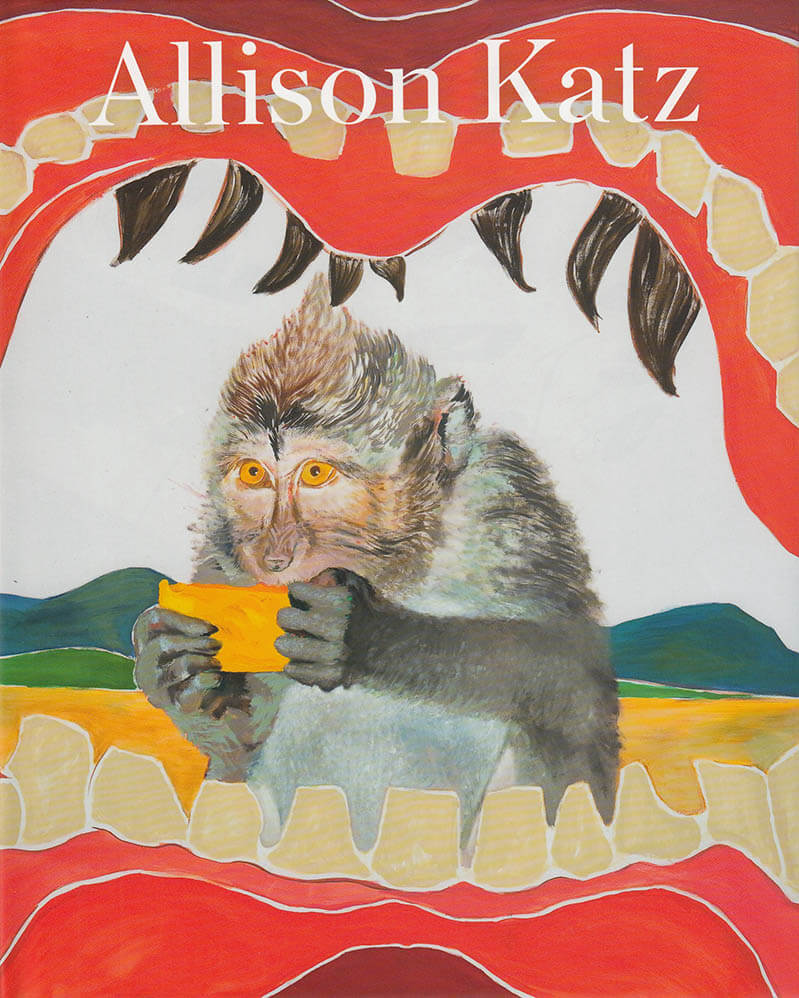JRP Editions
JRP Editions

Tehran North
Published on the occasion of her exhibition at the Palais de l'Athénée, Geneva (September 18–October 18, 2025) following her Prix de la Société des Arts de Genève award in 2025, this new artist's book by Shirana Shahbazi is fully dedicated to her "Displacement" series (2023–2025). To describe it, she states: "I use multiple exposure and overlapping to create an independent experience of time and space. The simultaneity of different realities is relevant to many of us. I think a lot about how to depict these complex realities."
Designed by Norm, Zurich, this publication is itself an inquiry into space and time, and our relationship to them. Each alternate page is trimmed short, creating new perceptions. The artist adds: "I enjoy deconstructing rooms, creating new ways of experiencing them. Sharpening the awareness while you see the works." The latest book in a series of acclaimed photography publications, this volume is characteristic of Shahbazi's distinctive and conceptually rigorous approach to photography in which light, vibrant color field, and layering play key roles. Flipping through the pages of An Exciting Opportunity Lies Ahead of You is a dream-like journey through architecture and senses.
Born in Tehran in 1974, Shirana Shahbazi moved to Germany at the age of 11. She studied photography in Dortmund and Zurich, where she lives and works today. Her practice has been dedicated to generating a hybrid visual language that defies simple categorization and can be experienced on multiple levels. It challenges the translation and the transcultural construction of meaning. The physical presence of her work is just as important as its semantic underpinnings.

Disobedience
Published to accompany the artist's retrospective at the Kunstmuseum St. Gallen (September 2025–March 2026), this comprehensive monograph offers a detailed overview of the work of Dutch artist Jacqueline de Jong. Designed by Sabo Day and edited by Melanie Bühler, curator of the exhibition, this publication spans De Jong's entire artistic journey of from her editorial activities and bold figurative paintings of the 1960s to her "Billiards" series in the 1970s, and her latest series of the 2020s that reflect the current state of the world.
It features new essays by Karen Kurczynski (Professor of History of Art and Architecture at the University of Massachusetts Amherst), Emily LaBarge (writer and critic), Tiana Reid (Assistant Professor of English at York University), Paul Bernard (Director of Kunsthaus Biel), as well as an as-yet-unpublished conversation with the artist and McKenzie Wark (writer and theoretician).
Organized through six sections entitled "Disobedience," "Publishing," "Chaos," "Pop," "Play," and "Politics," all lavishly illustrated, it underlines the challenging approach to art and life developed by De Jong formally, visually, and conceptually from the early 1960s until 2024.
Edited by Melanie Bühler
Texts by Emily LaBarge, Gianni Jetzer, Jacqueline de Jong, Karen Kurczynski, McKenzie Wark, Melanie Bühler, Paul Bernard, Tiana Reid.

Ecce Homo
The General Idea drawings.
Focusing on one specific and lesser-known aspect of the manifold practice of General Idea, the Canadian collective founded in Toronto in 1969 by Felix Partz, Jorge Zontal—both deceased in 1994—and AA Bronson, this volume highlights their drawing practice. It offers a generous insight into 125 carefully selected drawings realized between 1985 and 1993—the period the collective spent in New York—spanning the diversity and innovation of their singular approach to drawing and art. The publication's design is inspired by George Grosz's legendary Ecce Homo album (1922–1923) because, according to AA Bronson, "the Anti-Semitism in Grosz's narrative is mirrored by the homophobia in ours."
Investigating motifs in the group's multimedia works such as poodles, stiletto heels, masks, heraldry, and metamorphosed genitalia, these drawings were primarily produced by Jorge Zontal during group meetings. However, given General Idea's mandate for co-authorship, as well as the circumstances under which they were executed, the drawings are considered to be collaborative. Although they are done entirely by hand, the repetition of specific motifs follows a viral logic that is akin to General Idea's own penchant for mass reproduction. Seen together, these drawings are a fascinating window into General Idea's distinct artistic vision as well as their unique notions of collaboration and co-authorship. As Claire Gilman states in her introduction: "The drawings are on the one hand dizzyingly full—this is particularly true of the later drawings where cockroaches spawn and multiply amid dots and splatters of color—and, on the other, hauntingly vacant consisting of mere stains or barely-there outlines, even within a single series. Lest we get too caught up in any one particular rendition, another follows, giving the lie to its predecessor. In their mutability and insistent flow, they are an intimate manifestation of the theatrical nature of existence, exposing representation's inadequacy while acknowledging its urgency."
Edited and introduced by Lionel Bovier and Claire Gilman, co-curators of the exhibition Ecce Homo. The Drawings of General Idea, 1985–1993 held in 2022–2023 at MAMCO Geneva and The Drawing Center, New York, the book also features a conversation with AA Bronson and an index of the drawings.
Awarded: "Most Beautiful Swiss Books 2022".
Founded in Toronto in 1969 by Felix Partz, Jorge Zontal—both dead in 1994—and AA Bronson, the collective General Idea adopted a generic identity that "freed it from the tyranny of individual genius." Their complex intermingling of reality and fiction took the form of a transgressive and often parodic take on art and society. Treating the image as a virus infiltrating every aspect of the real world, General Idea set out to colonize it, modify its content and so come up with an alternative version of reality.
Paintings, installations, sculptures, photographs, videos, magazines, and TV programs: General Idea's is an authentically multimedia oeuvre, that has lost nothing of its freshness and can now be seen as anticipating certain aspects of a current art scene undergoing radical transformation.

Autoportrait
This publication of “Autoportrait,” translated into French for the first time, is accompanied by a foreword, and a critical and biographical structure by art historian Giovanni Zapperi, showing the singularity of Carla Lonzi's project. Made up of a series of recorded interviews, subsequently transcribed and recomposed to give birth to a particular textual montage, “Autoportrait” is an experimental attempt to reinvent art criticism thanks to a fragmentary discourse and an iconography in which reproductions of works mix with intimate images. An invaluable document on Italian art in the 1960s, “Autoportrait” is a polyphonic book, “a kind of maieutic banquet” to which Carla Lonzi invites us in order to rethink the production of discourse on art and artists.
Interviews with Carla Accardi, Getulio Alviani, Enrico Castellani, Pietro Consagra, Luciano Fabro, Lucio Fontana, Jannis Kounellis, Mario Nigro, Guilio Paolini, Pino Pascali, Mimmo Rotella, Salvatore Scarpita, Guilio Turcato, Cy Twombly...
Under the direction of Patricia Falguières, the “Lectures Maison Rouge” series has as its ambition to propose artist's texts which interrogate at the same time museology, exhibition making, and the work of certain artists themselves.
The life and work of Carla Lonzi (1931–1982) is inseparable from the cultural, political, and social history of Italy in the decades following the Second World War; she occupies a singular position, which today merits reevaluation. A reputed art critic of the 1960s artistic scene, both friend and collaborator of such figures as Carla Accardi, Luciano Fabro, Giulio Paolini, and Jannis Kounellis, she wrote “Autoportrait” in 1969, a “love letter” to the artists and to creation, but also a farewell chorus to art criticism and the art world. The following year she founded Rivolta Femminile, an active feminist collective, thus becoming the central figure of Italian feminism.

Rubbings Catalogue 1984-2016
One of Matt Mullican's central and most consequential inventions, the so-called “Rubbings,” are a kind of “frottages,” a technique the artist uses to produce specific pictures. The book presents a catalogue of the Rubbings on canvas from 1984 to 2015. It comprises around 500 works, documented by images and catalogue entries (the book also contains an essay by Dieter Schwarz).
From the beginning of his career, Mullican looked for pictures that would not be paintings; thus, he used banners, the traditional carriers of signs, posters, and, in 1984, he realized his first Rubbing. He used a cardboard plate on which the canvas was placed; by rubbing with an oil stick the cardboard reliefs, forms became visible on the canvas. This way, Mullican was able to transfer complex representations onto canvas; the result is a picture of something that is not present, it is a form of copy. The cardboard plates may be used for other works and so the imagery can reappear in different configurations. Each Rubbing is a single work and at the same time a reproduction, like a print, part of a sequence which contains picture elements from different sources.
Following the Rubbings from 1984 to recent times, it becomes visible that they represent the motives and themes the artist worked with over the years. The sequence of the Rubbings appears therefore like a diary of Mullican's work.
Published on the occasion of the exhibition “Nothing Should Exist” at Kunstmuseum Winterthur, Switzerland, from June 11 to October 16, 2016.
Working in the fields of performance, installation, digital technology and sculpture, Matt Mullican (born 1951 in Santa Monica, lives an works in New York) is seeking to develop a cosmological model based on a personal vocabulary combining the formal and the symbolic. Hypnosis and cartography are his principal modes of operation. He explores functional sign systems of his own devising through activities under hypnosis, in a permanent oscillation between the real and its schematization, between fiction and its physical reality.
Edited by Dieter Schwarz.
Text by Dieter Schwarz.
published in June 2016

Alison Katz
This first comprehensive monograph encompasses the manifold painterly practice of Allison Katz. Gathering together Katz's successive bodies of works since the beginning of the 2010s, the publication includes essays by Oakville Galleries director Frances Loeffler, art critic Kirsty Bell, Canadian poet Lisa Robertson, and The MIT List Visual Arts Center Director Yuri Stone.
Texts by Kirsty Bell, Allison Katz, Frances Loeffler, Lisa Robertson, Yuri Stone, Camilla Wills.